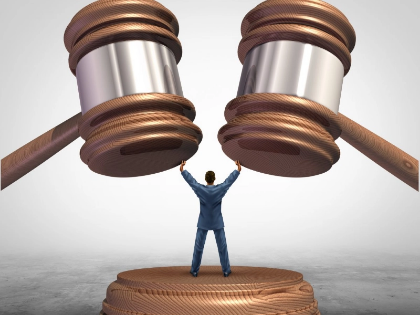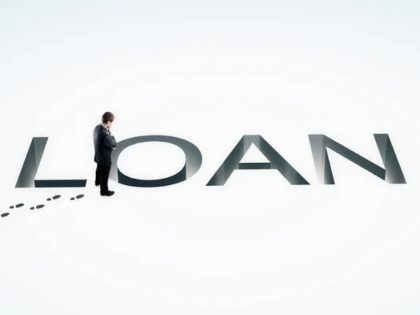Your ally in creating a safe retirement is a mortgage.
With the help of mortgages, people can purchase homes without having to pay the entire amount up front. These loans usually have fixed monthly payments, known as PITI (principle, interest, and taxes), to meet these costs.
Although saving for retirement is a significant task, it may be completed by establishing reasonable objectives and utilizing resources that facilitate the process.
Having a house

The American dream is anchored on property ownership, which offers stability and financial security. In addition, it might offer financial advantages, investment prospects, and a feeling of community service.
The largest advantage of being a homeowner is that, unlike rental fees, which sometimes increase yearly due to inflation, mortgage payments are a constant expense. For retirees, this can lessen the chance of a series of return.
With a cash-out refinance, which allows you to borrow more than you presently owe, or a home equity line of credit (HELOC), which has lower rates than credit cards, owners can tap the equity in their houses. Retirees may invest the equity in other assets or use it to pay for liabilities like long-term care fees.
In the end, owning a home is more about creating wealth and a savings mentality that can be carried over to other assets than it is about the house itself. Additionally, owners have the option to pass on their house to future generations or sell it for a profit when the time comes.
Debt

The majority of Americans used to have a clear slate when they retired: no credit cards, no mortgage, and no auto loans. An increasing number of seniors are retiring with debt today.
Debt is a valuable tool in certain situations. For example, you can avoid paying interest if you pay off high-interest debt with a balance transfer credit card. You might also be able to boost your income by taking on part-time job, freelancing, or selling assets.
However, you should usually pay off debt before making new investments when it comes to retirement. You risk your retirement financial security and lose out on the growth potential of your retirement assets if you take money out of them to pay off debt. Seeking guidance from a financial expert is crucial if you're having trouble paying off debt. You can allocate funds for debt repayment and retirement savings simultaneously by making a budget.
Investing

For the majority of borrowers who lack the hundreds of thousands of dollars in capital necessary to purchase a house outright, mortgages are a necessary part of the home-buying process. People from all walks of life can become homeowners thanks to several credit options and government-backed initiatives.
A mortgage is a type of loan where the collateral is real estate. It has a fixed repayment period, interest and principal payments, as well as escrow payments for homeowners insurance and property taxes. Depending on how they were formed or founded, mortgages are available through banks, credit unions, and savings societies, and they are subject to both state and federal regulations.
Social Security, which provides a consistent, albeit possibly insufficient, income stream based on your work history, employer-sponsored retirement savings plans such as 401(k)s and individual retirement accounts (IRAs), personal savings, and investments can all contribute to a solid retirement plan. With intelligent tools that analyze, optimize, and organize money to help you save more and stretch your money farther, Ally Bank makes it simple to automate your investment and savings processes.
Retirement

Your financial security in retirement planning might be impacted by a variety of variables. The good news is that you may try to create realistic goals that take into account your budget, expectations for the future, and way of life right now.
Setting financial objectives and putting plans in place to meet them can be a good place to start. One strategy to guarantee that you save enough money every month is to automate transfers from checking to savings.
A mortgage is a type of long-term loan used to pay for a house. The loan duration is normally eight to thirty years, with principle and interest payments together with escrow payments for homeowners insurance and property taxes included in each monthly payment.
More Americans can be placed on the path to a safe retirement by means of public policy. This can entail assisting low-income families with their savings, bolstering Social Security, and increasing access to corporate retirement plans. Building wealth in retirement and covering costs require having a sizable cushion of resources.










